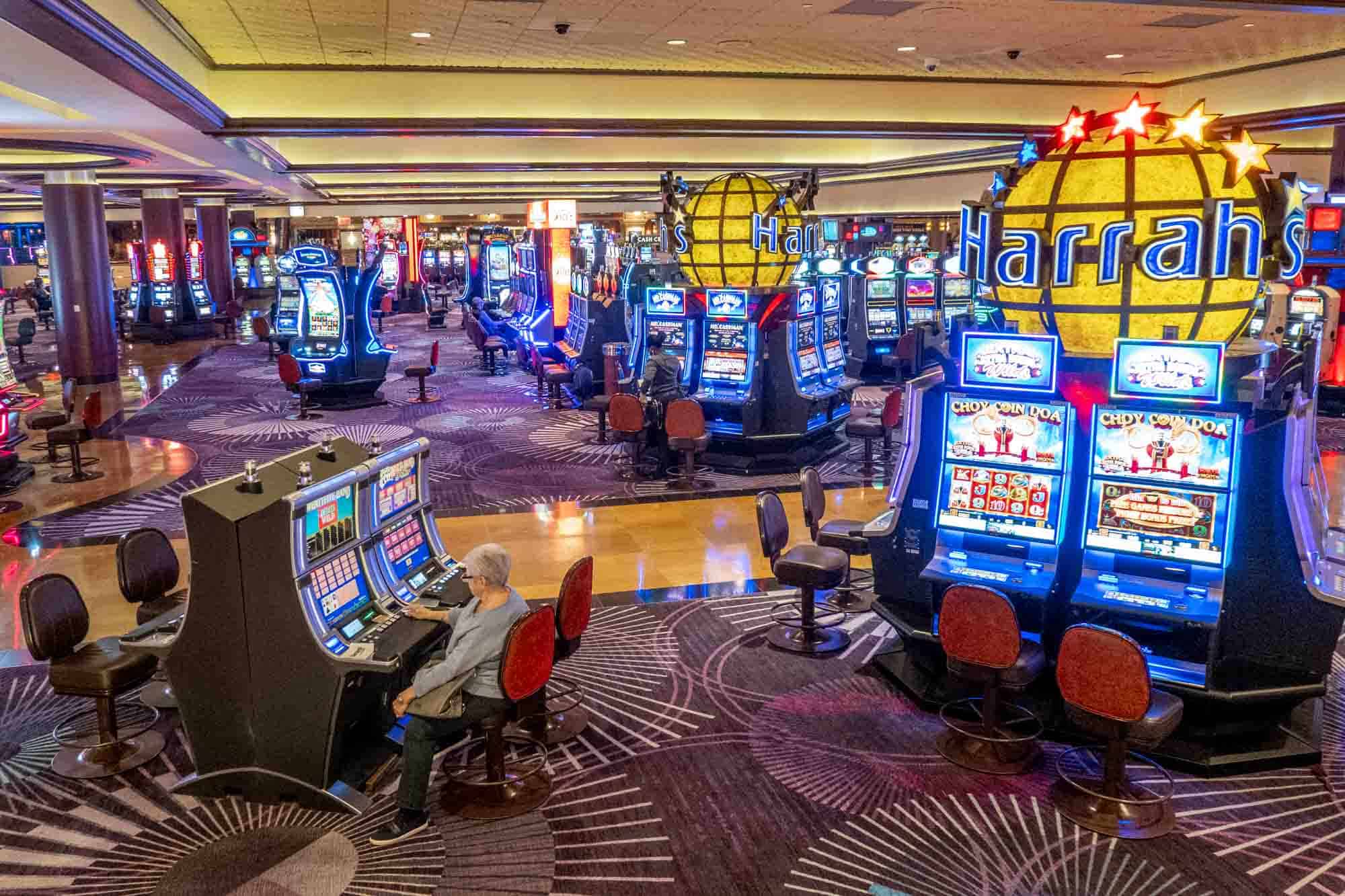
This attraction of casino games has mesmerized countless individuals around the planet for decades. From the whirling roulette wheel to the melody of shuffling deck of cards, the excitement of chance and expertise intertwines to create an energetic atmosphere that attracts players in. These games are not just pastimes; they have evolved into an valuable part of the cultural industry, transforming into a worldwide movement that covers luxurious resorts, dynamic internet casinos, and all that lies in between.
As the desire for distinct and engaging experiences continues to expand, the tales behind the success of gaming experiences reveal a fascinating realm. Innovators and developers are always stretching the boundaries of innovative thinking and fresh ideas, leading to the development of novel gaming options and interactive technologies. Investigating these stories provides us understanding into what it takes to create a casino game enterprise and the passion that drives those behind the scenes.
The Progression of Casino Games
Casino games have a robust history that goes back hundreds of years, with their beginnings frequently linked with ancient ceremonies and social gatherings. The initial types of gambling can be linked back to long-ago China, where dice games were played, and even to the Roman Empire who partook in betting on multiple events. Over time, these primitive games evolved into better organized forms, resulting in the creation of titles including baccarat and roulette in the 17th century. These early casino games laid the groundwork for the industry we witness today.
As society advanced, so did the sophistication and variety of gambling options. The 19th century marked a noteworthy milestone with the establishment of official gambling establishments in locations like Monte Carlo and Las Vegas. This era saw the introduction of popular games such as poker and blackjack, which enthralled the interests of players around the world. The rise of these games was enhanced by advancements in game development and the development of gambling laws that rendered the industry more structured and attractive to the public.
The digital revolution in the late 20th and early 21st centuries transformed the landscape of casino games yet again. The emergence of the internet brought about virtual casinos, enabling players to enjoy their favorite games from the convenience of their homes. This transition not only expanded the scope of gambling options but also introduced new formats like live dealer games and mobile gaming apps. Today, the gambling game industry continues to progress, with cutting-edge technologies such as virtual reality and blockchain expected to transform the prospects of gambling.
Effective Casino Game Development Techniques
The basis of a successful casino game empire lies in the design of engaging and innovative games that enthrall players. Ga179 A successful strategy entails comprehensive market research to grasp existing trends and player preferences. By reviewing user feedback and watching high-performing titles, developers can determine what connects with players and what features are in demand. Incorporating original themes, multifaceted game mechanics, and aesthetically appealing graphics are crucial to stand out in a competitive landscape.
Collaboration is another key element of successful game development. Bringing together talented designers, programmers, and mathematicians ensures that games are not only visually captivating but also equitable in terms of gameplay. Encouraging honest communication among team members nurtures creativity and results in cutting-edge concepts. Moreover, engaging with players during the beta testing phase enables developers to gather insightful insights that can enhance gameplay elements before the official launch.
Lastly, impactful marketing strategies cannot be overlooked in building a flourishing casino game empire. Developing a persuasive narrative around the game and utilizing social media platforms to create hype can significantly impact player acquisition. Offering promotions, loyalty rewards, and involving in community events can additionally enhance player retention. By combining strong development practices with savvy marketing, game developers can create an enthralling experience that keeps players coming back for further.
The Future of Casino Play
The environment of casino gaming is evolving quickly, driven by developments in technology and shifting consumer preferences. Online and mobile play is set to dominate the sector as more gamblers seek convenience and availability. Augmented reality and virtual reality are also integrating into the casino experience, providing captivating settings that elevate traditional gaming to a new standard. As gamblers crave more participatory and engaging interactions, casinos will need to adapt and innovate to keep their audience interested.
Additionally, the incorporation of AI intelligence and information analysis will play a significant role in shaping the prospects of casino gaming. Casinos will utilize information to understand player behavior, personalize interactions, and boost customer service. Customization will become key, as gamblers will expect games that modify to their preferences and play styles. As the gambling industry utilizes these understandings, the development of novel game types and features will probably arise, keeping the gambling experience fresh and exciting for all.
Moreover, the trend towards safe gaming is becoming increasingly significant. As regulators and players focus more on player welfare, casinos will need to introduce measures that promote safe play practices. This could include features that allow gamblers to set limits on their expenses and playtime, as well as better resources for those who may be dealing with gaming issues. By focusing on responsible gaming, casinos can build trust with their customers and ensure a lasting future in the competitive landscape of casino play.
